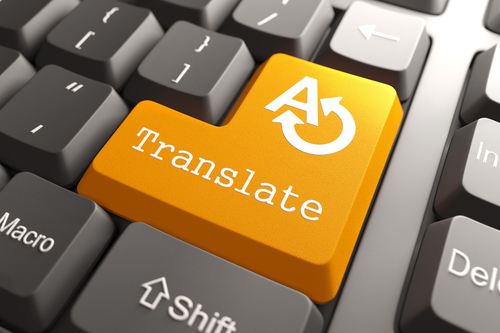Translation is one of the oldest professions in the world. Many civilizations and interpersonal relations started with translation. It has allowed the creation of the world’s different books and papers. The translation is almost present in every science and domain.
 We follow many opinions that the demand for translation will decrease and the dominance of the machine translation will increase. The opinions are different and contradictory. They are expressed by people who has more required professions and do not consider translation as a profession. There are positive opinions as well. Many consider that the initial rough translation may be done by automated Translations, but the need for a human being to look at the two versions and capture the fine nuances of meaning will remain. Translation will become a variant of editing rather than the hard labor it is now.
We follow many opinions that the demand for translation will decrease and the dominance of the machine translation will increase. The opinions are different and contradictory. They are expressed by people who has more required professions and do not consider translation as a profession. There are positive opinions as well. Many consider that the initial rough translation may be done by automated Translations, but the need for a human being to look at the two versions and capture the fine nuances of meaning will remain. Translation will become a variant of editing rather than the hard labor it is now.
Automated translations are growing faster as for instance Google Translate is providing billion of translations to about 200 million users. The impact of automation is big and it may sound as a real verdict to translators as they accumulate their skills during many years as well for the companies providing professional translation services.
Despite the automation progress, it allows to do only a part of the job. Automated translations are not published. They are not considered as being completed. Professional translators use linguistic and other knowledge which could be qualified as cognitive knowledge.
What about statistics?
According to the IBIS World.com, human translation service will grow up to 37 billion in 2018. U.S. Bureau of Labor Statistics also predicts a 46 percent increase in translation job opportunities between 2012 and 2022—much higher than the 11 percent average growth for all careers.
So, professional translations will not end in the near future. Besides, no matter how much will progress the automation. Will you address to the automated translation service if you have a text of importance such as medical prescription or criminal case.
